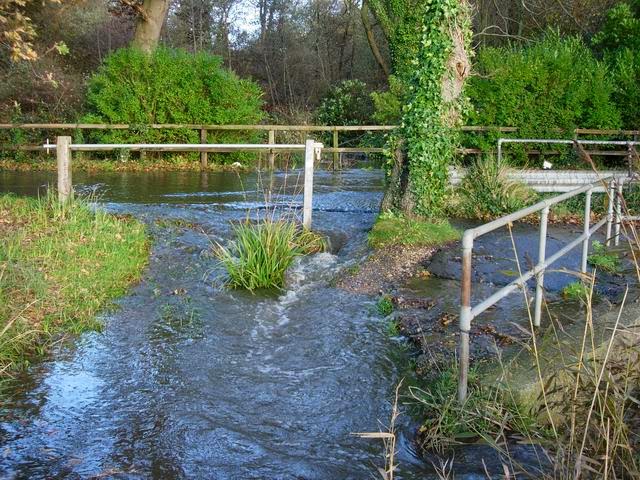 Fiona Harvey in the Guardian (UK): Flash flooding in summer is likely to become much more frequent across the UK as a result of climate change, with potentially devastating results in vulnerable areas, according to new research.
Fiona Harvey in the Guardian (UK): Flash flooding in summer is likely to become much more frequent across the UK as a result of climate change, with potentially devastating results in vulnerable areas, according to new research.The study, published in the peer-review journal Nature Climate Change, is the first to draw a direct link between climate change and an increase in summer downpours.
The research, a result of a collaboration between the Met Office and Newcastle University, used climate change computer models and standard weather prediction models of the type used for short-term weather forecasts. It found that summers would be drier overall, but punctuated by more extreme downpours.
These can have a much worse effect than the steady rainfall typical of winter, because the dry land is less capable of absorbing water, and when too much falls in a short period it runs off, causing flash floods of the type that struck Boscastle in 2004, one of the worst examples of sudden localised flooding in recent years.
Whether any given area is subject to flash flooding will depend heavily on its topography, such as the proximity of uplands and rivers, but vulnerable areas are likely to experience far more incidents than they did in the past....
A 2006 flood in the UK, shot by Hugh Venables, Wikimedia Commons via Geograph UK, under the Creative Commons Attribution-Share Alike 2.0 Generic license



No comments:
Post a Comment